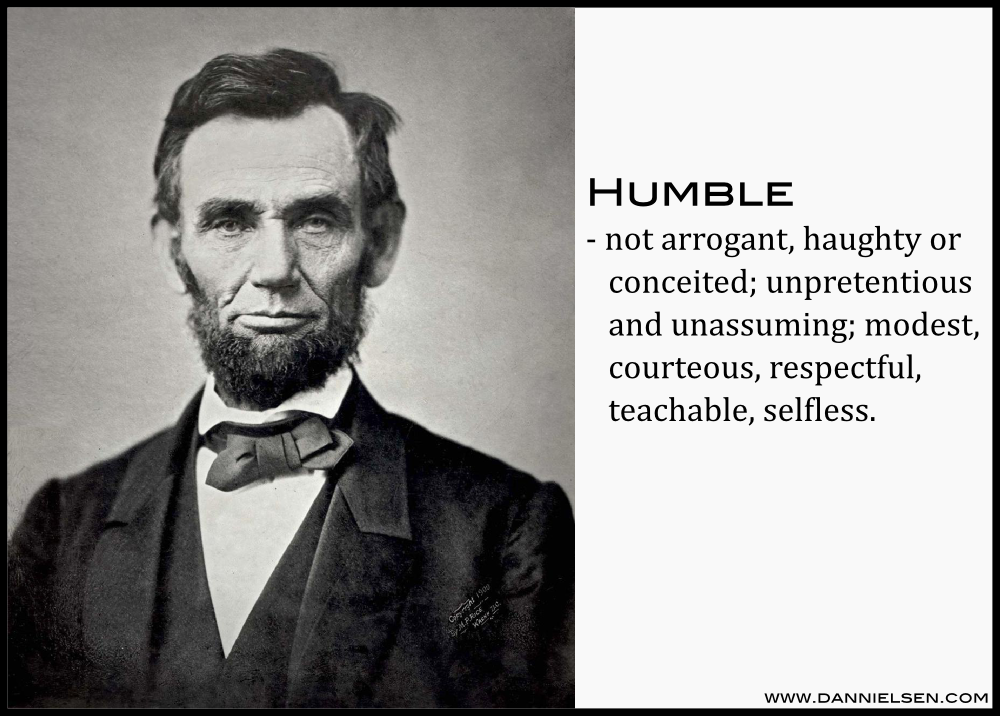
As part of my research while writing the book Presidential Leadership, I watched a TED talk by Doris Kearns Goodwin—the renowned presidential historian and author who wrote Team of Rivals: The Political Genius of Abraham Lincoln. During her presentation, Goodwin said this about the 16th U.S. President:
“He possessed an uncanny ability to empathize with and think about other people’s point of view. He repaired injured feelings that might have escalated into permanent hostility. He shared credit with ease. He assumed responsibility for the failure of his subordinates. He constantly acknowledged his errors and learned from his mistakes. He refused to be provoked by petty grievances. He never submitted to jealousy or brooded over perceived slights.”
— Doris Kearns Goodwin
When I heard that description about Lincoln, the light bulb went on. I knew which strength of Lincoln’s I needed to write about. The one underlying leadership strength that created the foundation upon which so many of Lincoln’s traits were built, was suddenly very obvious. Humility.
Humility is considered by some to be more of a weakness than a strength. But I don’t think humility is a weakness, I think it is an essential quality of a strong leader. In fact, I think it takes strength to be humble! And as Lincoln so well exemplified, it is possible to be both humble and confident.
It was Lincoln’s genuine humility that enabled him to be such a strong and gentle leader. In Presidential Leadership I briefly explain what humility like that of Lincoln allows a leader to do:
“Humble leaders are able to genuinely relate to and empathize with ordinary people. They don’t consider themselves better or more important than others, and are able to easily acknowledge their own shortcomings and laugh at their blunders. Humble leaders realize they don’t have all the answers and they are willing to heed the advice and learn from the feedback of others.”
— Dan Nielsen, Presidential Leadership
I firmly believe that humility is a foundational leadership strength. In what areas of your leadership can you see the positive affect of genuine humility?

